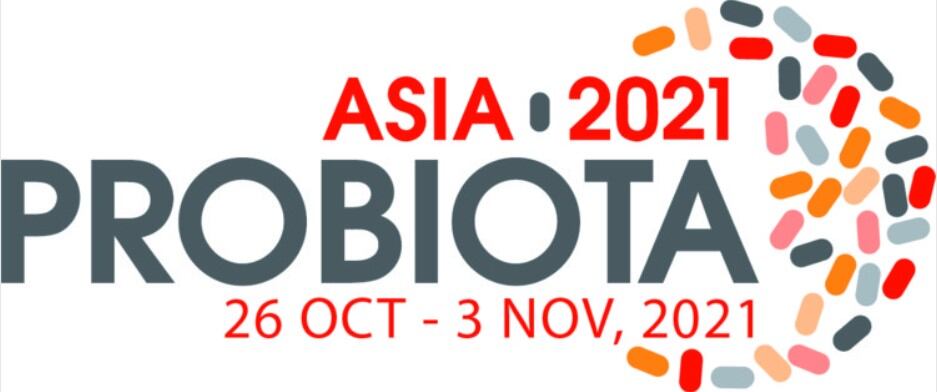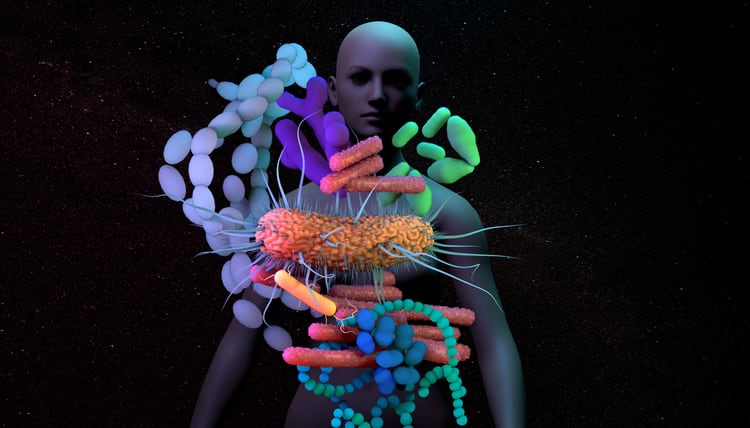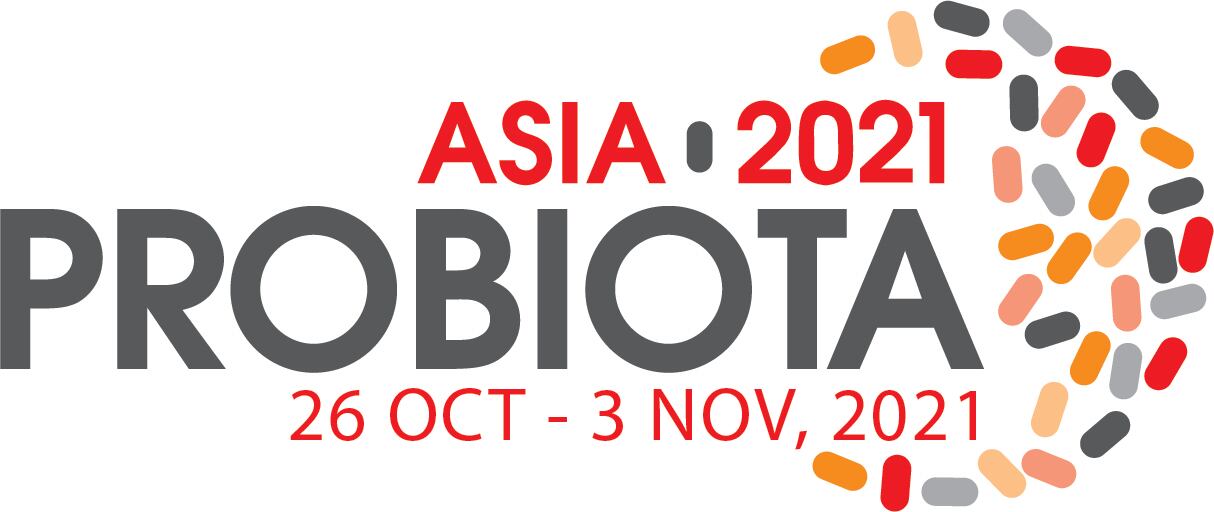This was revealed at the second day of Probiota Asia 2021 digital summit by an expert panel speaking on the topic of Probiotics and Beyond: From Personalisation to Artificial Intelligence.
Moderated by Gary Scattergood, Editor-in-Chief at NutraIngredients-Asia, the panellists were:
- Evan Hayes, Managing Director Asia Pacific, Factors Group
- Ewa Hudson, Director of Insights, Lumina Intelligence
- Dr Alain Delpy, Senior International Business Development Manager, Bened Biomedical
- Peter Barraket, Managing Director, Designs For Health
- Dr Saishreyas Sundarajoo, Head of Clinical Affairs, AMiLi
Although there is a plethora of probiotic products available in the market, there was a consensus among panellists that most consumers are still relatively limited in their knowledge when it comes to the different strains and relevant health effects.
For example, the average consumer may be confused about refrigerated and non-refrigerated strains, and multi or single strain, Hayes pointed out.
Barraket, who works for practitioner-only brand Designs for Health, observed that probiotic users over the years have become more accepting of a higher dose and multi-strain product.
According to a new report by Lumina Intelligence, about 24% of probiotics sold on e-commerce in APAC contained single strain, comparable to the global average of 26%. This meant there were more multi-strain products in the market.
Lumina Intelligence is a market insights platform operated by William Reed, the publisher of NutraIngredients-Asia.
However, Barraket observed that consumers also tend to buy more than one supplement at pharmacies and supermarkets because they lack the understanding in what they need.
Although if a practitioner tells consumers which products to take and offer them an explanation, the level of acceptance goes up rapidly.
Barraket told the audience: “Consumers want justification on why they need take one particular supplement or a few supplements.”
Designs for Health developed a gut microbiome stool test called GI-MAP (GI-Microbial Assay Plus). It uses quantitative polymerase chain reaction (qPCR) technology to detect parasites, bacteria and fungi, to figure out the root cause of chronic illnesses like IBS, diarrhoea, and diabetes.
It allows practitioners to discuss with patients what their issues are and develop protocols to help them.
Barraket said uptake of the tool has been growing rapidly in Australia, “we strongly believe that having the tests and looking at the symptoms and having a practitioner involved in talking to a patient helps deliver a better health outcome.”
He thinks such tools will form the future of supplements, with Sundarajoo agreeing: “There is a market for it. People want to know what's exactly good for them.”
Sundarajoo, who works at AMiLi (short for Asian Microbiome Library), said studying the gut and oral microbiome can provide some insights to diseases.
However, microbiome data alone is not enough: “It requires a multi-omics approach, you can’t just do the microbiome alone, you have to look at blood markers, serum markers, as well as metabolites.”
For AMiLi, it is building a stool bank to conduct faecal microbiota transplants on people with severe diarrhoea and life-threatening inflammation of the colon.
In such people, they have an excess of harmful bacteria such as Clostridium difficile, which a faecal microbiota transplant can help restore the microbiome.
While transplants are relatively small scale for now due to small patient size, Sundarajoo said these data points “are really important in taking us from an inkling of an idea of a disease towards an actual product.”
The firm hopes to advance microbiome research and treatment for diseases like IBS and NASH, which requires data from various health records and machine learning.
The idea is to feed data into a machine that has a library of hundreds of important strains, “It just picks up the ones that are required for me, kept encapsulated and delivered straight to my house. That's where we want to be, but I think that will take maybe five or 10 years.”
“The hope is that we get there faster, but for now what we can do is make sense of the data that we have, form archetypes and save it.”
For instance, it is creating base layers such as healthy males aged between 45 to 65 with a healthy lifestyle. It can be narrowed into more specificity such as males with lactose intolerance or suffering from constipation.
Targeted approach
Another point raised during the panel discussion was how probiotics are moving beyond gut health, to targeted functions.
“We see probiotics moving from just for the guts into more precise targets. For example, the gut-liver or gut-brain axis,” Delpy told the audience.
According to the report published by Lumina Intelligence analysing probiotic products sold on e-commerce, it captured over 80 health benefits that probiotics claim to support, the most popular being digestion, constipation and immunity in APAC.
Hudson said: “Many consumers are seeking out constipation, bloating, issues related to gut flora so could this be a manifestation of the long-term impact of COVID-19 from feeling stress and anxiety, linking back to the gut-brain axis?”
She added some small but fast-growing opportunities in APAC include prostate, joint, hormonal and ear, nose and throat health.
Globally, people turn to probiotics for hair health, migraine issues and anti-ageing benefits.
It was interesting to note that products with proprietary or documented strains saw greater online engagement from consumers across e-commerce.
About 34% of the over 1,300 products contained proprietary strains, and these delivered 52% of online reviews.
For firms incorporating proprietary strains in their products, Delpy emphasised the importance of human clinical studies.
His firm Bened Biomedical won the Probiotics Product of the Year at this year’s NutraIngredients-Asia Awards for its psychobiotics product branded Pure Happiness.
It contains a proprietary strain Lactobacillus plantarum PS128 for support relaxation and sleep and has published eight human clinical studies so far.
“A lot of work needs to be done in educating the consumer in the massive benefits,” Hayes added.
Technical innovation
Another trend observed in the probiotic space was the technical innovation such as improving stability, compatibility in food formats and shelf life.
Currently, there is a lot of innovation in probiotics around enteric coating, cryoprotectants, mix and match, reducing refrigeration needs, and the ability to introduce new strains that have been selected or have been assessed by diagnostic processes and research as probiotics but not previously utilised, Hayes highlighted.
Delpy said from these innovation and improvements in probiotics, it will result in more format choices from powder, to cereals and even candies.
Other presentations
The session also included three other presentations:
- Evan Hayes presented on: Personalisation and probiotics: Getting by with a little help from your friends
- Agathe Foussat, Head of Digital Innovation at Danone Nutricia Research presented on Gut health and data: Digital health tools to support new parents and aid precision nutrition
- Richard Beckett, Architect and Lecturer of Bioaugmented Design, The Bartlett School of Architecture, University College London presented on Probiotic Design of Buildings and Cities




